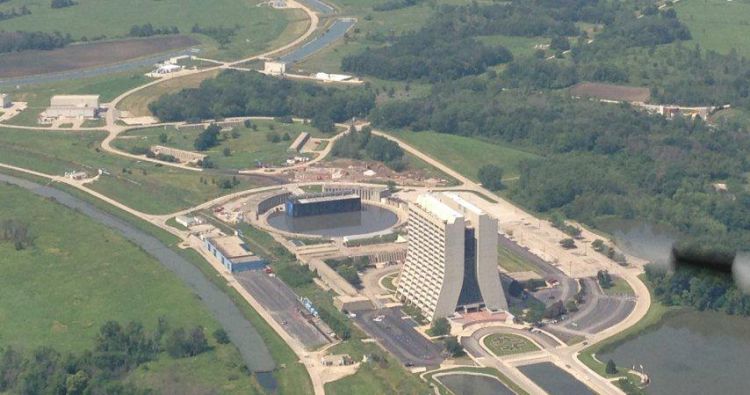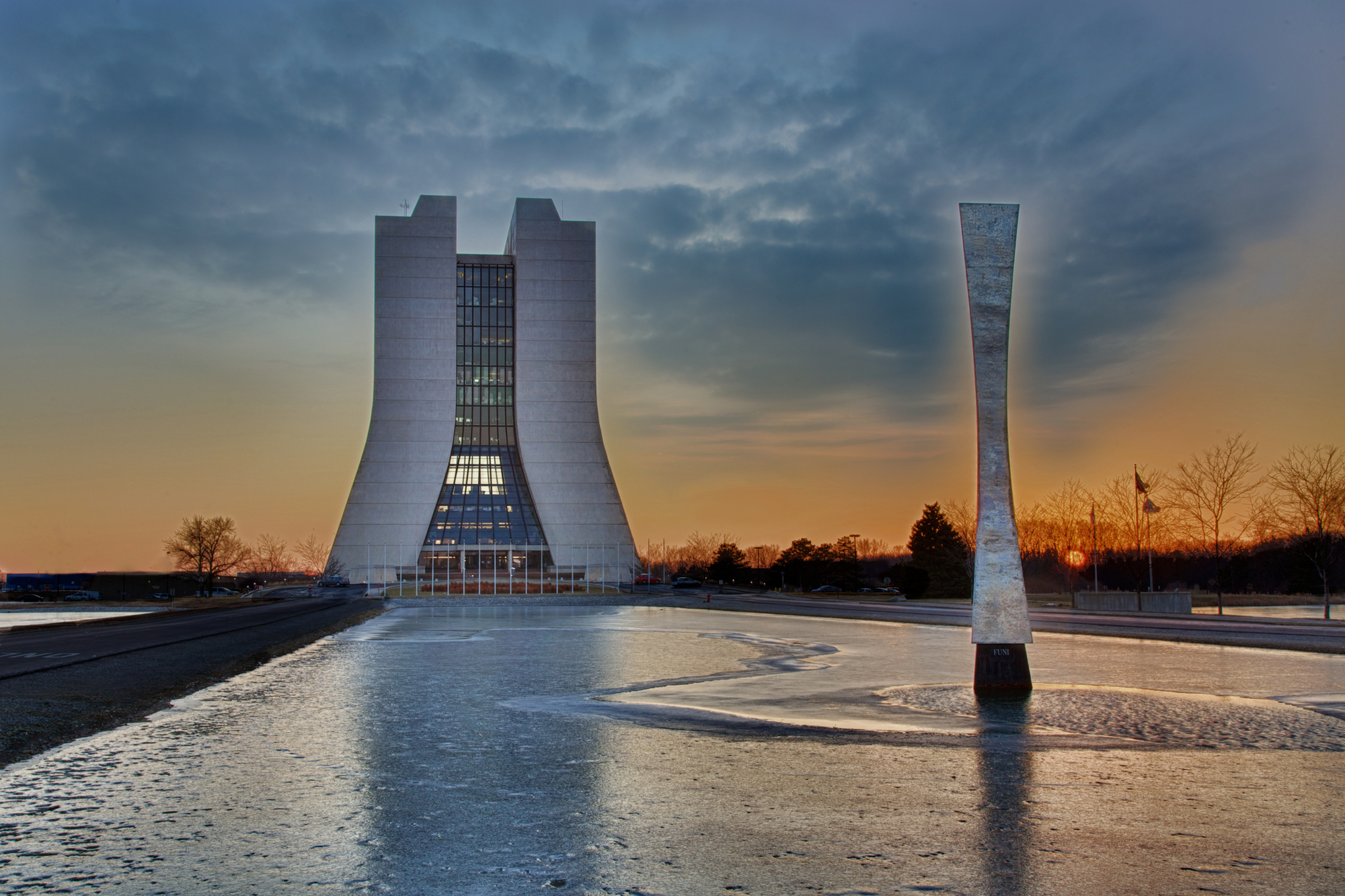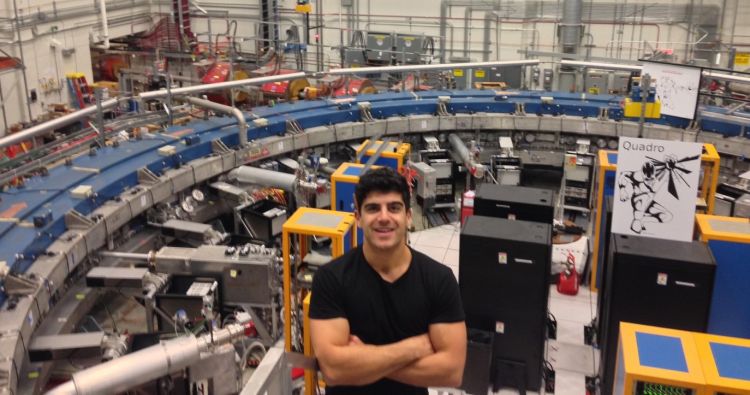Alex’s top tips for a career in science
- Study hard and be willing to put in long hours.
- There are no stupid questions. Always ask if you need help or do not understand something.
- Know your own inspiration and use it to help keep you motivated.
- That being said, don’t spend every waking moment of every day studying/working. Have fun, relax and make sure you give yourself a break.
- Get to know as many people as you can who are working in the field you want to be a part of and show them why you stand out from everyone else. This is almost as important as studying and getting the grades. I wouldn’t be where I am without the people who helped me get here.
What do you do in your Job?
The main focus of my research is the study of the Muon g-2, which is an international particle physics venture to understand the current deviation between the theoretical prediction and experimental measurement of the magnetic properties of fundamental particles. This deviation could indicate the existence of new physics beyond physicist’s current accepted model of particles and their interactions. I am involved in both the theoretical and experimental efforts, where my work at the University of Liverpool is devoted to updating the theoretical estimate, but where I am also simultaneously contributing to the new Muon g-2 experiment at Fermilab, the USA’s particle physics and accelerator laboratory.
Summarise the impact your job has on everyday life
Studies of particle physics impact everyday life by helping us to understand the world that we see around us. My research will contribute to discovering more about what the universe is made of and how it behaves.
What’s the best thing about your job?
My work allows me the very rare opportunity to contribute to both theoretical and experimental physics at the same time. This means I get to travel to many locations around the world to work and collaborate with lots of people who are as passionate about their work as I am. I am also working in a field where I am continuously learning, which keeps me very motivated.
What did you study at school?
At school, I had a varied education that had a very obvious split between science and arts, specifically music. At A Level, I chose to take Physics, Maths and Music, where I eventually followed the science route into university, applying for degrees in Astrophysics.
What inspired you into a career in science / engineering?
I have always been fascinated by the concept of discovery and physics allows us to test the unknown to find out more and more about our universe. Knowing that I could contribute to such an impressive and significant field was all the inspiration I needed.
Fermilab

Fermi National Accelerator Laboratory (Fermilab), located just outside Batavia, Illinois, near Chicago, is a US Department of Energy national laboratory specializing in high-energy particle physics.
There are many collaborative experiments that take place between STFC funded facilities across the UK and Fermilab.

